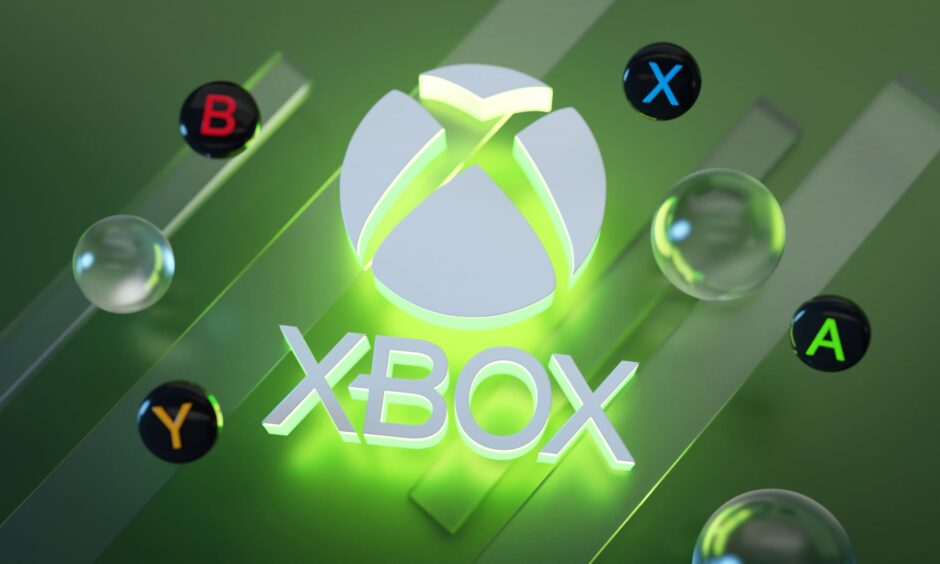It didn’t take long for video games to become a huge cultural force. Now worth roughly double the film and music industry combined1, gaming is massive – and by its very nature, it needs to stay at the forefront of technology. Alongside advances in graphics, virtual reality, and artificial intelligence, recent years have seen major developments in cloud gaming.
Cloud gaming is simply applying cloud computing to games, and now has the potential to revolutionise the way video games are consumed.
Tech experts at Fasthosts have now revealed their thoughts on the future of cloud gaming, from mainstream predictions to how cloud gaming is going to rewrite the rules.
Saving money and space
With gaming technology constantly evolving, upgrading hardware every few years is mandatory to enjoy the latest titles – but this comes with a large price tag. By connecting to devices in the cloud, costs are rapidly reduced to a subscription fee, and the provider takes on all the responsibilities of maintaining high-end gaming systems.
With no need for on-site hardware, cloud gaming saves space in the home and eliminates the noise and heat generated by gaming machines.
Gaming on demand is another aspect of cloud computing in general. Cloud gaming is often described as ‘Netflix for games’, and there are certainly parallels, with millions of viewers now accessing content on remote servers rather than home DVD players. However, due to the interactive nature of the media, cloud gaming is far more demanding than video streaming.
Is cloud gaming set to become mainstream in the next decade?
If the actions of the major players are anything to go by, gaming on demand could gain serious traction over the next decade.
The historical cloud gaming services, while innovative, were always somewhat niche. But will cloud gaming go mainstream any time soon? Both Microsoft and Google announced forays into the sector, with their trials ‘Project xCloud’ and ‘Project Stream’ respectively. They both decided to follow this up with Microsoft’s Xbox Game Pass and the less successful Google Stadia.
Even Nintendo, a far more traditional gaming brand, has established some major cloud inroads on its platforms. Streamed versions of demanding games like Assassin’s Creed Odyssey and Resident Evil 7 – originally designed for Xbox, PlayStation and PC – are becoming available on the comparatively weak Nintendo Switch hardware.
How cloud gaming is set to rewrite the rules: the long term impacts of cloud gaming
Looking forward, what are the long-term impacts of cloud gaming? To say that it could be disruptive is a huge understatement.
A cloud-dominated market would make publishers far less dependent on an installed base of machines and could even end up with every major publisher running its own cloud gaming service. Microsoft and Sony will continue to invest heavily in their own cloud offering and inhouse development studios.
Cloud gaming technology is rapidly maturing to the point where it could easily become the mainstream option, even if others continue to exist for enthusiasts.
Now, Netflix subscriptions beat Blu-ray sales, and Spotify users outnumber vinyl lovers. Games, as the less established and more technologically demanding medium, are just taking a bit longer to make the jump. All signs point to cloud gaming to become the new normal.
For more information on cloud gaming please visit here https://www.fasthosts.co.uk/blog/cloud-gaming-future/
Want more news from the Tech world for Gaming Peripherals to Hardware Click Here







